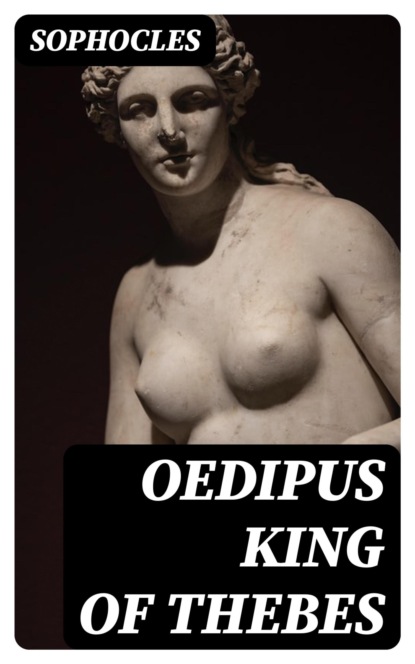Sayfa sayısı 70 sayfa
0+
Kitap hakkında
In 'Oedipus King of Thebes,' Sophocles masterfully weaves a tragic narrative that explores the inescapable nature of fate and the struggles of human agency. Within the framework of classical Greek tragedy, the play is marked by its intricate use of dramatic irony and poignant character development. Oedipus, the epitome of a tragic hero, embarks on a relentless quest for truth, only to uncover harrowing secrets about his own identity and destiny. The text reflects the socio-religious dynamics of ancient Greece, where the oracles and divine will dictate the moral and philosophical underpinnings of existence. Sophocles, renowned as one of the three ancient Greek tragedians whose works have survived, wrote 'Oedipus King of Thebes' in a context steeped in the exploration of human limitations amidst divine power. His intricate understanding of human psychology and societal ethics may have been influenced by the societal upheavals and philosophical inquiries of his time, allowing him to delve deep into themes of guilt, responsibility, and the interference of the gods in human affairs. For readers seeking an exploration of existential dilemmas and the human condition, this seminal work is paramount. 'Oedipus King of Thebes' not only captivates with its rich symbolism and timeless themes but also invites reflection on personal agency within the constraints of fate, making it a quintessential read for those interested in classic literature and tragedy.
